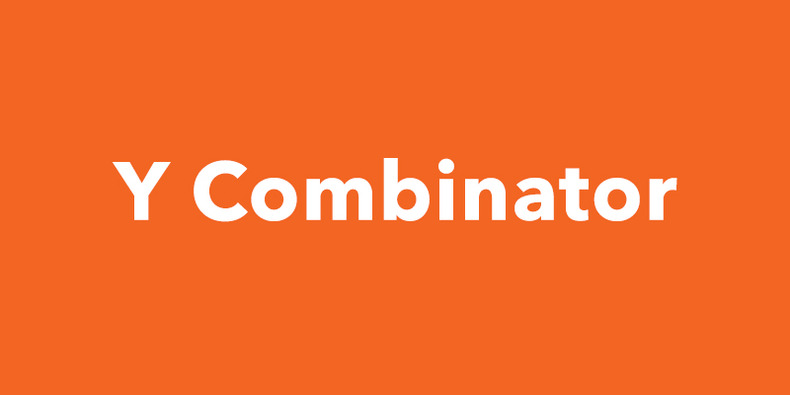Founder Lesson
There's a bunch of startup stuff happening in downtown Atlanta this week, so I've been thinking a lot lately about programs that support startups.
The startup programs that have emerged over the past five years fascinate me. I'm old enough to remember the first startup hubs that emerged across the country in the late 90s. These were mostly rent-for-equity models that didn't last. But it was a necessary, clunky start to what we are seeing today.
What is emerging today feels very different, so I'm paying close attention to what's happening with organizations like Techstars, Y Combinator, Indie.vc, Expa, Science, Betaworks and the dozens of others across the country...including communities like this that are creating magic, but aren't officially formed or named yet.
I believe that these models (and what comes next) will totally re-define the landscape of startups.
Because I'm a Techstars mentor and I helped create a startup hub, I get asked about my thoughts on programs like these, so I wanted to take a minute to share what I typically tell founders.
In the world of straight-forward accelerators (eg Techstars and YC), I believe that there are two main advantages and stand above all others...
External validation - It's very difficult to get validation at the earliest stages of a startup. Later on you get it from professional investment or customer growth, but - especially in less mature startup cities - this type of validation is difficult in the early stages.
Money - All traditional accelerators invest in the startups that they select. This is anywhere from $20-120k. This is likely the first (or at least the most) that these startups have raised and the money is very needed, so it's a major advantage of traditional accelerators.
For the best startup teams these two advantages sometimes aren't necessary, but they are important to the vast majority of startups.
After these two primary advantages, there are four others that stand out to me...
Cohorts - Being around other above-average founding teams is a big advantage for traditional accelerators. There are big advantages to founders helping other founders and having cohorts is a good way to encourage this happening.
Duration - The 90-day nature of these programs is a forcing function that drives lots of focused activity. Techstars focused on KPIs and YC focuses on week-over-week growth. However it's done, a compressed timeline has advantages.
Mentors - Most founders are under-networked. They know a small circle of people who can be helpful, but are heads-down in their business. At Techstars this happens through Mentor Madness at the beginning. At YC it's office hours with YC partners. Whatever form it takes, it can be helpful to force founders to pitch their ideas to good people and get tactical/situational help.
Demo day - Many founders have never spoken in front of more than a dozen people. The opportunity to spend weeks crafting their story to present in front of hundreds (or even thousands) of people is an important part of all traditional accelerators.
This podcast caught my attention a few years ago because it was a concise overview of how YC works from one of the partners. In full disclosure...I've never run one of these programs or put a startup through one. I've just been a student of them for some time.
If you are a startup founder, you should be aware of these options and their advantages, but don't overweight them. The true value of your product will be created by your team and the verdict will come from your customers...how much they use it and tell others about it.
Sidenote: If you enjoyed this post, you might like this one as well.
Get Right to the Lesson
I’d recommend listening to the entire thing, but to get right to the point go to minute 36:07 of this podcast.

Thanks to these folks for helping us all learn faster
Mathilde Collin (@collinmathilde), co-founder of Front (@FrontApp)
Y Combinator (@ycombinator)
Paul Graham (@paulg) of YC (@ycombinator)
Justin Kan (@justinkan) of Y Combinator (@ycombinator)
Please let me and others know what you think about this topic
Email me privately at dave@switchyards.com or let's discuss publicly at @davempayne.
The best startup advice from experienced founders...one real-world lesson at a time.
